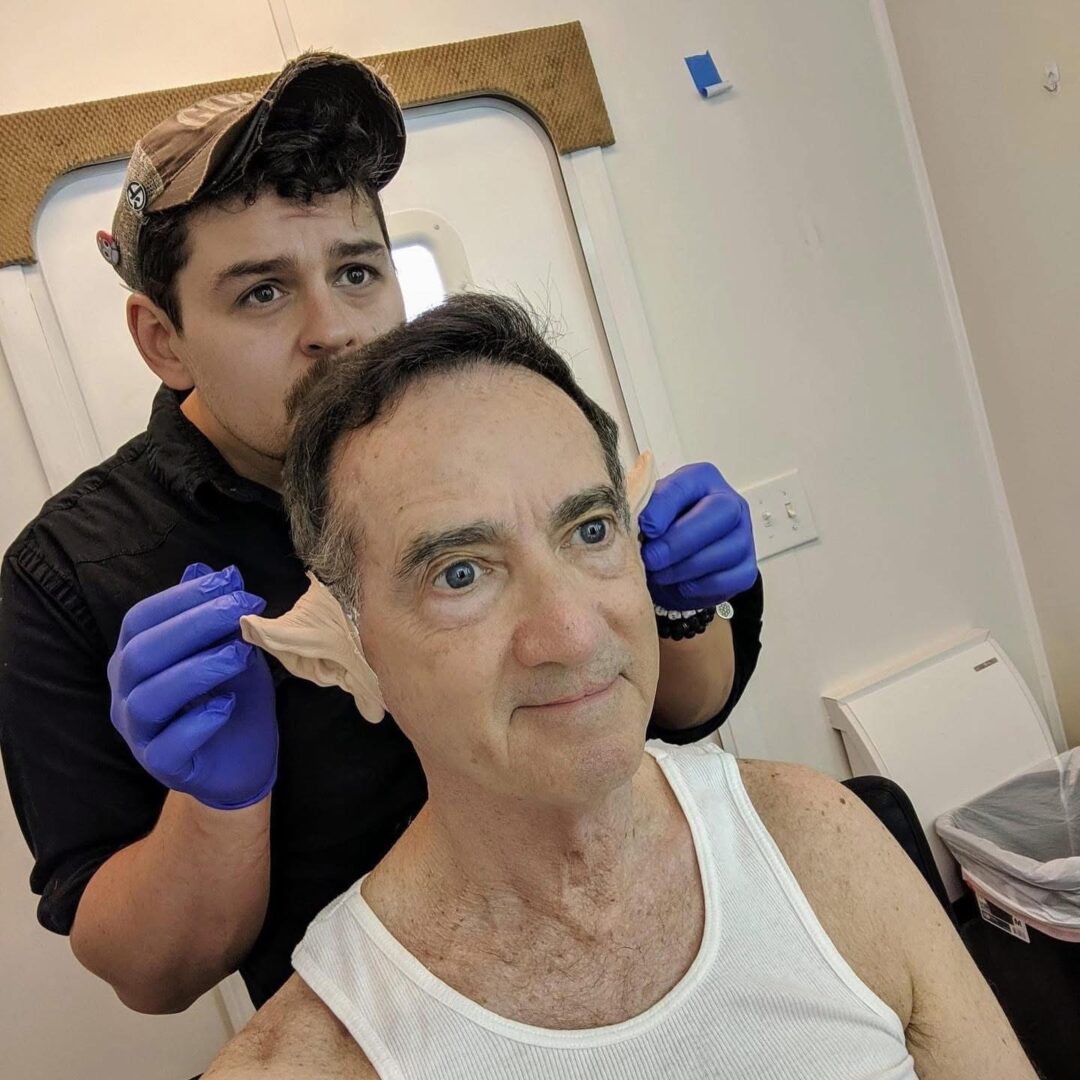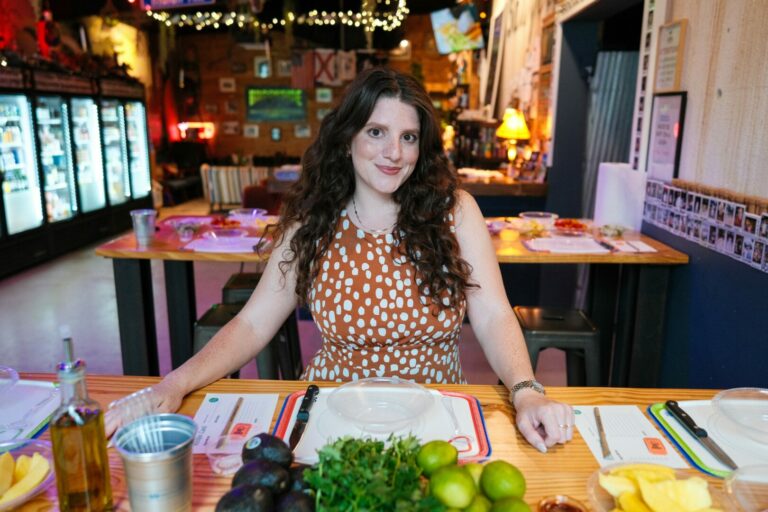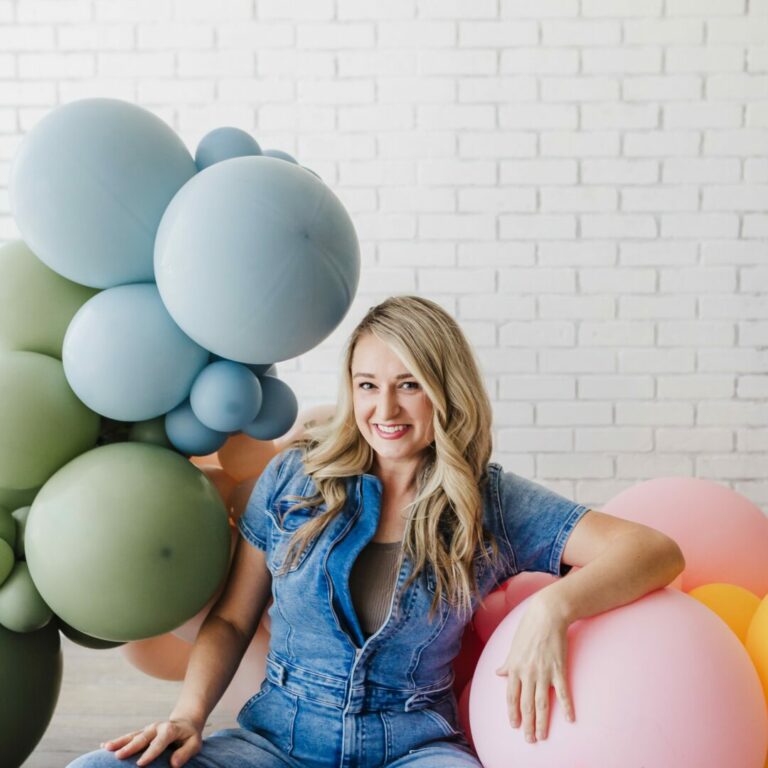We were lucky to catch up with Alex Breijak recently and have shared our conversation below.
Alex, so good to have you with us today. We’ve always been impressed with folks who have a very clear sense of purpose and so maybe we can jump right in and talk about how you found your purpose?
I came from a background of scarcity. My parents both worked hard at their jobs, and my siblings and I always had the things we needed, but there was always that presence of struggle, hardship, and want. During my teenage years and early twenties, I grew up in Michigan, and the local economy there was among those who were struggling the most in the United States. I worked mostly kitchen jobs at that point, and my manager at a local steakhouse produced a stack of resumes as thick as “War and Peace”, telling their crew that this is the amount of people who were looking to take our jobs, so better to “suck it up” and be grateful. I remember being in my mid-twenties, driving to my shift at my kitchen job, thinking to myself: “I’ve got no savings, no plan, my muffler is being held on by a coat hanger, and my window doesn’t roll down. I’m working 80 hours a week at jobs I don’t particularly enjoy, jobs that offer no benefits or retirement solutions. If I don’t do something now to change my trajectory, I’m going to wind up here for the rest of my life”.
In that moment, I found clarity. But that insight begged a deeper question: what do I do? I spent time considering this, struggling in my mind and heart for an answer, because certainly, for many many people, that is the question that looms over them. Finally I asked myself, “if I could do anything, go anywhere, without consideration for network, or resource, or circumstance, what would I WANT to do.” I’d always been very fond of the “behind the scenes” dvd footage, the “how it was made” section or the expanded content on films and television, specifically and especially Peter Jackson’s “Lord of the Rings” series. I thought it was fascinating how much work and talent went into the creation of these works. Not that it was any one person’s vision or effort that “made the movie”, but a culmination of hundreds of artist and craftsman working together to build a singular vision. There was something romantic in that for me. So I researched what it was to do such a thing, and I found the profession of “makeup artist”.
I researched some schools and found most to be out of my price range. I decided to move from Michigan to Pennsylvania, away from everyone I knew and loved, to a small town called Monessen, where there resided a program sponsored by one of my film making hero’s, Tom Savini. I got in my barely functioning vehicle and moved my stuff into a delipidated house near the school, and I worked at a chain restaurant there for two years so that I could claim state residency and apply for scholarships. It was a massive risk, and felt like jumping off the edge of a cliff, not knowing where I would land. But in retrospect, it was the wisest decision I had ever made.
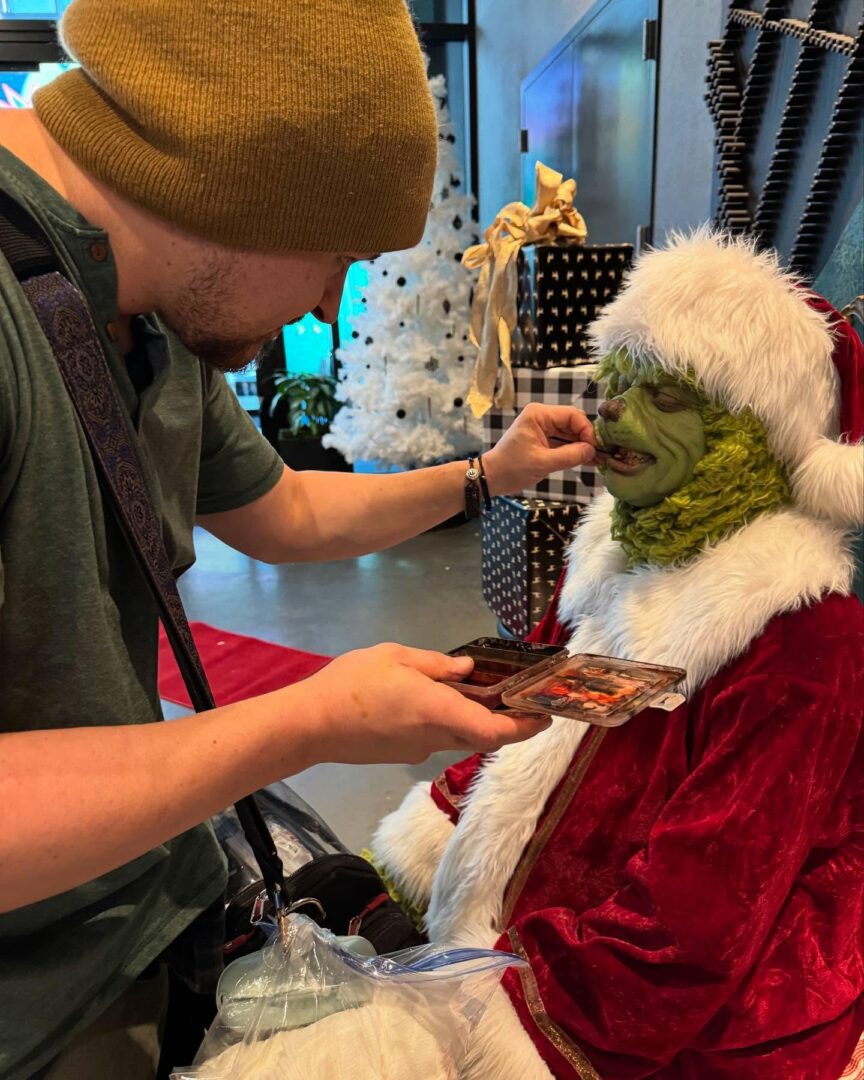
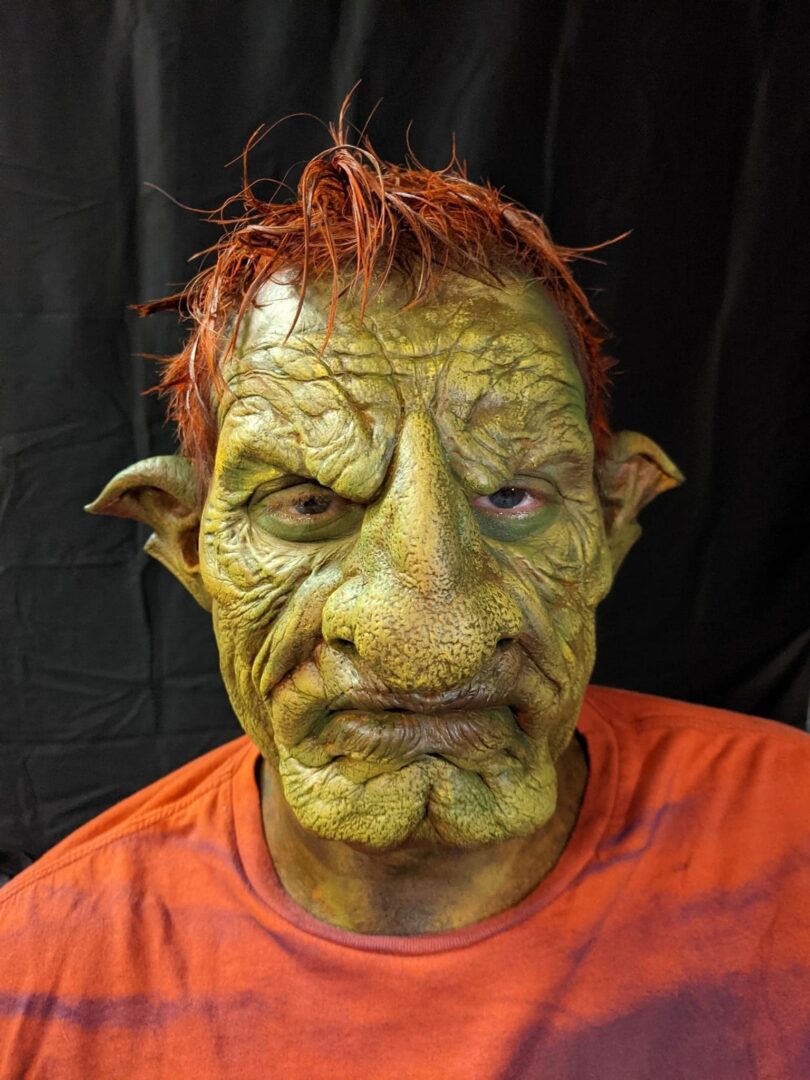
Thanks, so before we move on maybe you can share a bit more about yourself?
Currently, I am a proud member of the 798 IATSE Makeup/Hairstylist Union in Atlanta Georgia. I operate as a private contractor and work mostly in film, television, music videos, and corporate events. I have worked very hard to hone and refine my skills during my relatively short time in this industry to cultivate a reputation of reliability and kindness in my work. On bigger productions, I am often using my skills in prosthetic makeup and beauty makeup applications, airbrushing, tattoo application, and trauma effects to contribute to the larger vision of the directors and producers. I pride myself on having a diverse skill set, and will often take contracts for custom dentures, prosthetics, or props for various clients. Although creature work is exciting to me and has a secure place in my heart, not every production needs an alien, werewolf, or ghoul. So practicing skills like beauty and simple corrective makeups have helped make me a more relevant and hirable artist.
Visual production can be fickle in terms of reliability and frequency of work, so in my off time, I love taking commissions for cosplayers, live action role-players, and event goers. Whereas film contracts can sometimes feel very much a job that needs to be accomplished, these types of personal commissions usually come with a sense of personal vision that is communicated by the client, and comes with it a sense of personal satisfaction of helping creative people achieve their dreams in a field where they might not have all the knowledge or recourses to accomplish that dream by themselves. It also allows for a more tangible sense of creative control when producing these works of art, whatever they may be. As a professional artist, I am open to all kinds of creative collaboration. My specialties include makeup, custom prosthetics, sculpture, decorative busts, mold making, restorative work, dentures, illustration, design, costuming, prop fabrication, and much more! I have developed enough technical knowledge in my time working as an artist that really anything is a conversation. You’re only limited by your imagination and your budget!
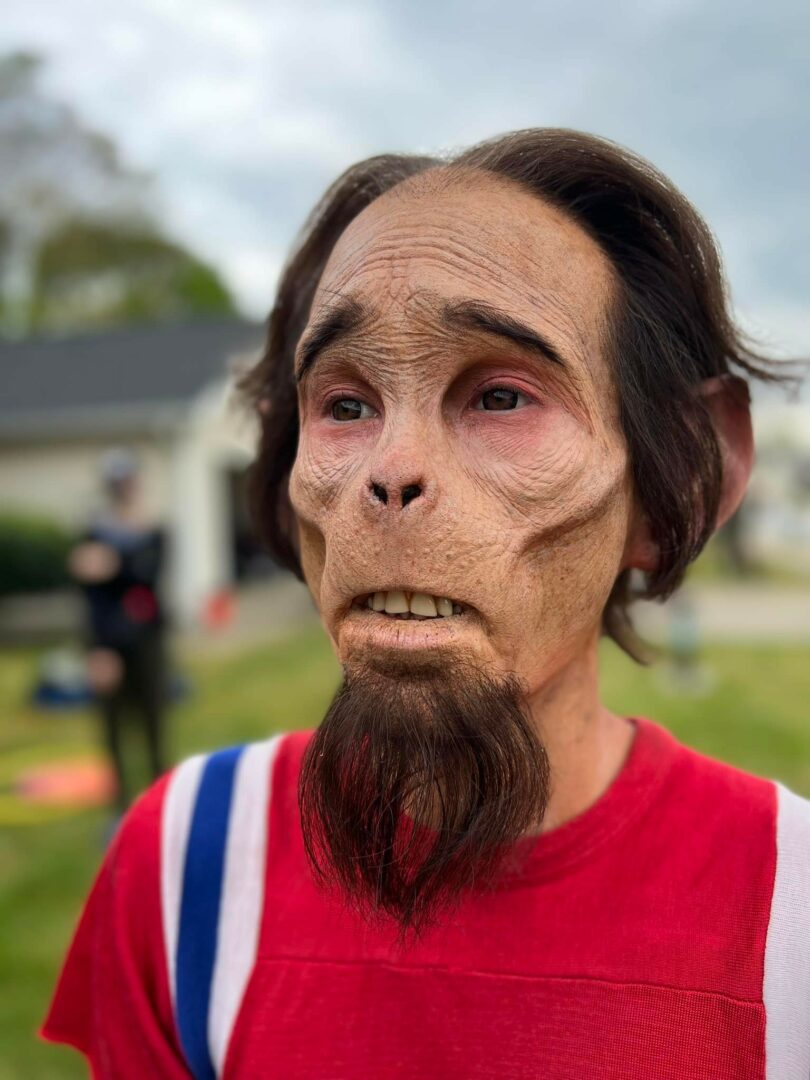
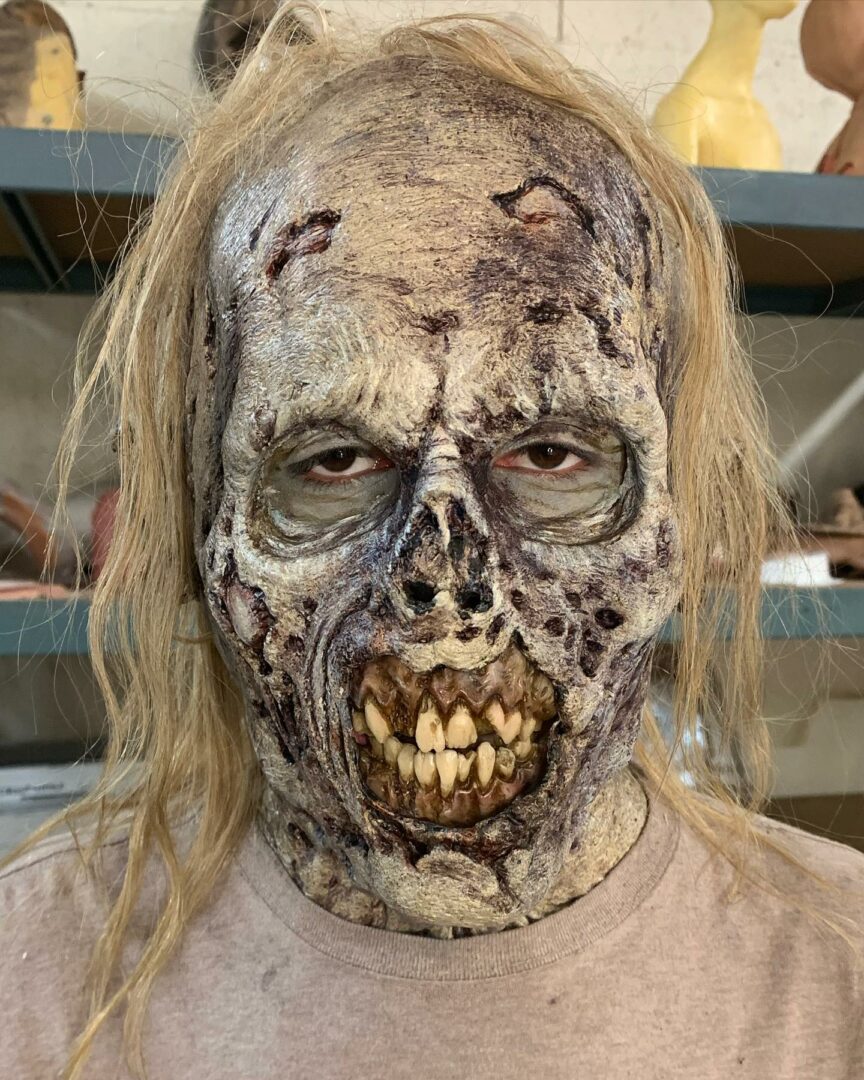
If you had to pick three qualities that are most important to develop, which three would you say matter most?
To be successful as an artist can be a tumultuous journey. If I had to boil down three pieces of advice for a budding artist in the early stages of their journey it would be this:
1. Develop and cultivate your skills. In whatever avenue of art you are pursuing, do your best to practice your skills to the level where you feel confident in your finished work. You don’t have to share or present every step of your journey, but you should be knowledgeable enough to feel confident in your ability to produce whatever it is you’re being asked to produce. Have a portfolio, whether it be digital or physical, and keep both that and your resume current. Only advertise examples of your work that you are proud of, and constantly update your work as it becomes relevant. The artist lifestyle comes with it the responsibility of networking and selling yourself. You have to find a place of comfort in “being your own hype man”. Always be open to learning whatever you can from whoever you can, as everyone has something to offer. One of the mantras that has served me in my professional career has been “if you feel like you have done enough, or that you know everything, you are failing yourself”. Be hungry for it, because even if you are in a low period or if work isn’t making itself readily availably, there are tons of other people who would love to be in the position that you are in. Keep growing, always.
2. Be professional and be kind. The art sector will attract a variety of personalities, and you’re not going to resonate with everyone that you meet. In my time working in the film industry, I’ve met tons of amazing, open, and kind people who were willing to see who I was and work with me towards a goal. I’ve also met an equal amount of caddy, gatekeeping, “mean-girl/guy” mentality artist who are only looking out for their own best interests. At the end of the day, this is a job. We are artist, but we are hired to produce a finished product. Regardless of your personal feelings for another person, do your best to be kind, respectful and honest in your dealings. You never know who you are working with that might be able to teach you something, network you with another social group, or one day themselves be in a hiring position. This doesn’t mean posturing yourself into a position where you look like you have all the answers when you don’t. Be honest with yourself and your clients about what you are able to accomplish. It is way better to admit that you don’t have the answer than to say you do and fail, as hard as that may be to accept. There is a certain amount of ego that comes with the creative field, but when you are collaborating with a crew of other craftsman, humble yourself by remembering that you are one small wheel of a cog. If you do find yourself fortunate enough to find yourself in a department that is competitive, be kind to everyone in the chain of labor, from the directors and producers, all the way to the person that empties your trash can. All of these jobs are integral, and for the most part, people are doing their best. Don’t lose your empathy, compassion, or life perspective on your way up the ladder.
3. Learn how to pick yourself up and dust yourself off. If you want to be successful in a creative field, you will fail. It is not a question of “if”, its a question of “when”. Most artistry is heavily network based: meeting new clients, new avenues of employment, new crews, new friend groups. Not every job you take will resonate with your personal creative centers. Sometimes, you’ll be asked to create works and make decisions that contradict your personal aesthetic. Sometimes you’ll have to work with or for people who rub you the wrong way. Sometimes you’ll produce a work of art that just feels like a failure. Sometimes you’ll get fired. Sometimes you’ll get replaced. Sometimes you’ll lose friends or colleagues based on what seem to you like misunderstandings. Sometimes, you will spend a month on a project and no one will notice. Sometimes you will spend 15 minutes on something that will get a whole lot of feedback. Too often an artist’s sense of value is so closely tied to the reception of their work, or the perceived success of whatever it is they are making. In my experience, with both success and failure, the feeling is fleeting. Don’t give up on yourself! Find a place of comfort in yourself where you are at peace with making mistakes. Feeling like you’ve failed or not done enough can be intense and consuming, and can often lead an artist to abandon their journey. Don’t give up! All these things are teaching us lessons, and when the emotion of it all dissipates, those lessons are ours to keep forever. Have faith in yourself, in the unknown, and in the process.
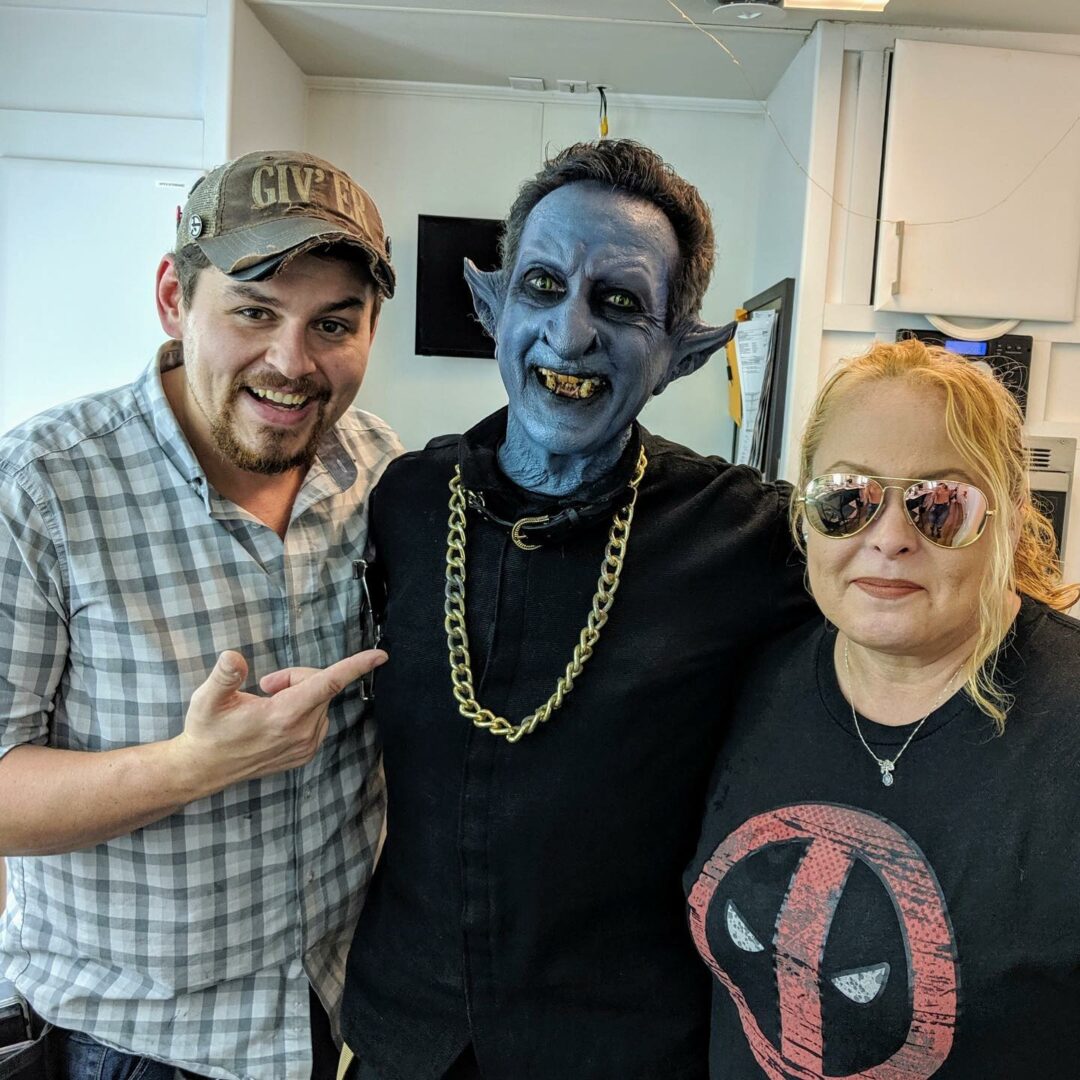
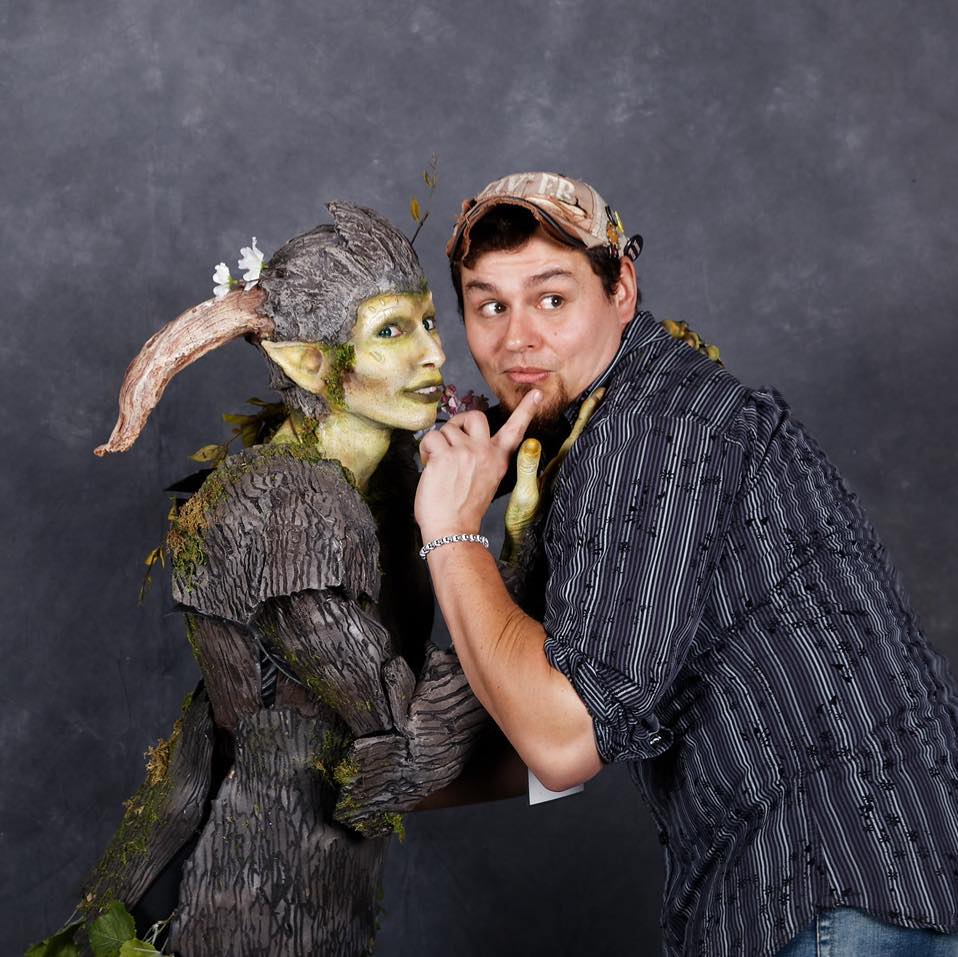
Who is your ideal client or what sort of characteristics would make someone an ideal client for you?
An ideal partnership is built on mutual respect. One of the skills I’ve had to develop as a contract artist is being able to communicate the limitations of a clients intended outcome with the reality of what that outcome would take to accomplish. For example, I might have a producer or director asking for a monster for their film. They have a specific vision of what they want, but they have a limited budget or timeframe to accomplish these goals. Its your job as an artist to be able to articulate the reality of the process to these clients in a way that is understandable. Its important to remember that most of these folks don’t have the technical knowledge of all the processes that go into creating things, so to be able to communicate these obstacles back to the client in a way that is both honest and respectful is invaluable. I like to go back to the analogy of the “triangle of creation”. On each point, there is a critical factor to be considered: Quality, cost, and time. If the client wants something that is immaculate or complicated and they need it in a hurry, its going to be more expensive. If they have a limited budget, they might be able to get a higher quality product if the timeframe is extended, or unlimited. Being knowledgeable about the processes is critical, but so is your ability to communicate these limitations. With that spirit in mind, I never like to say no. There’s always a way to accomplish a goal, and sometimes its as simple as changing lighting or angle of how the thing is being seen. Try not to present the road block of “no, that can’t be done”, and instead offer an alternative that might meet the client in the middle. An ideal client for me is someone who respects my knowledge and experience and is willing to engage in conversation in order to accomplish their goals together.
Contact Info:
- Website: https://www.alexandermakeup.com
- Instagram: @alexandermakeup
- Facebook: Alex Breijak

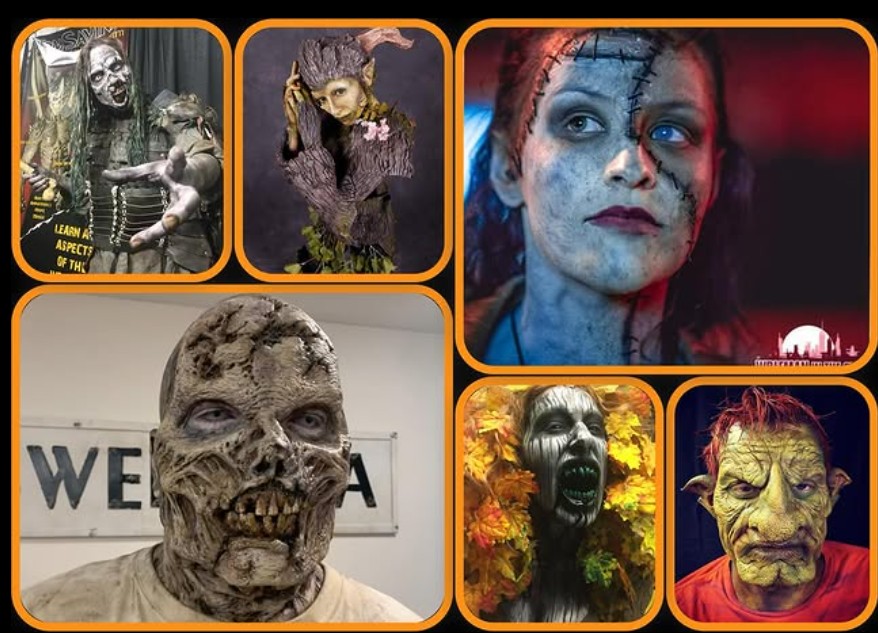
so if you or someone you know deserves recognition please let us know here.

